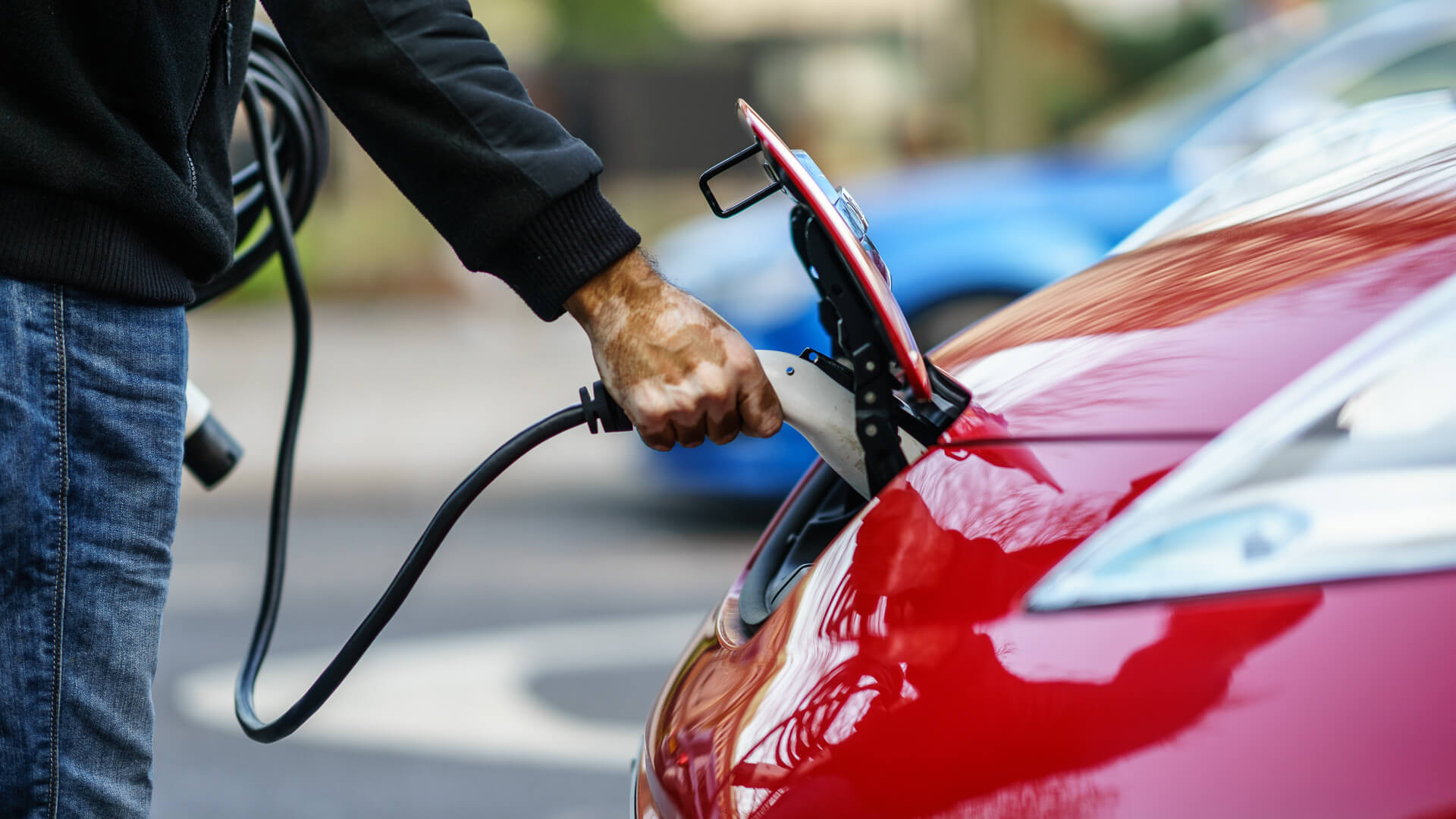
One of the benefits to purchasing a new electric vehicle (EV) — in addition to the reduced environmental impact, as well as cost savings due to not spending on gas — is the EV tax credit.
See Next: I Asked ChatGPT If It’s Cheaper To Own an EV or a Hybrid in 2025: Here’s What It Said
For You: These Cars May Seem Expensive, but They Rarely Need Repairs
As part of the Inflation Reduction Act (IRA) that was passed in 2022, this measure provides up to $7,500 in applicable tax credit with the purchase of a qualifying new EV, as a means to incentivize car shoppers into buying an environmentally-friendly EV instead of a gas-powered internal-combustion vehicle.
Find out below when the EV tax credit expires and how to get the tax credit.
What Is Happening to the $7,500 Credit?
On July 4, President Donald Trump signed the “One Big Beautiful Bill Act” (OBBBA) into law. The OBBBA essentially set the economic agenda for Trump’s second administration by extending a number of tax cuts from his first administration, as well as cutting funding to several programs such as Medicaid and the EV tax credit.
As a result of the OBBBA, the $7,500 EV tax credit will now expire on Sept. 30.
Discover Next: I Asked ChatGPT Which Hybrid Vehicles To Stay Away From Buying: Here’s What It Said
How Can You Still Get the $7,500 Tax Credit?
Following the OBBBA’s passing, auto manufacturers initially assumed that car buyers would have to sign a purchase contract, make a down payment and physically receive their new EV by or before Sept. 30 in order to receive the credit.
However, the IRS has created something of a loophole in the credit’s expiration, per Yahoo Finance. “If a taxpayer acquires a vehicle by having a written binding contract in place and a payment made on or before Sept. 30, 2025, then the taxpayer will be entitled to claim the credit when they place the vehicle in service (namely, when they take possession of the vehicle), even if the vehicle is placed in service after Sept. 30, 2025,” according to the IRS.
In short: As long as an EV buyer signs a purchase contract and pays a deposit (or the full purchase amount) by or before Sept. 30, that buyer is entitled to the EV tax credit, even if the vehicle isn’t in their possession by that date.
What does this mean for you? Well, if you’ve been planning to purchase an EV and you can affordably make a down payment on an EV between now and Sept. 30, you’ll still be able to receive the IRA’s EV tax credit before it expires for good.
More From GOBankingRates
- Here's What It Costs To Charge a Tesla Monthly vs. Using Gas for a Nissan Altima
- Why You Should Start Investing Now (Even If You Only Have $10)
- Mark Cuban Tells Americans To Stock Up on Consumables as Trump's Tariffs Hit -- Here's What To Buy
- 7 Tax Loopholes the Rich Use To Pay Less and Build More Wealth
This article originally appeared on GOBankingRates.com: How To Save $7,500 on a New EV — but Only If You Buy Now







